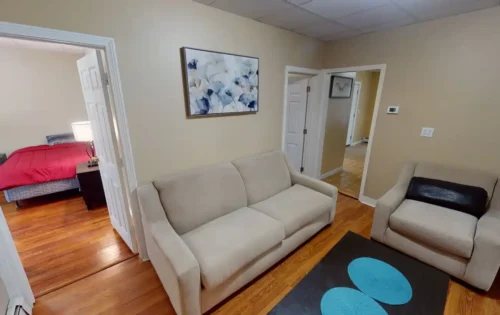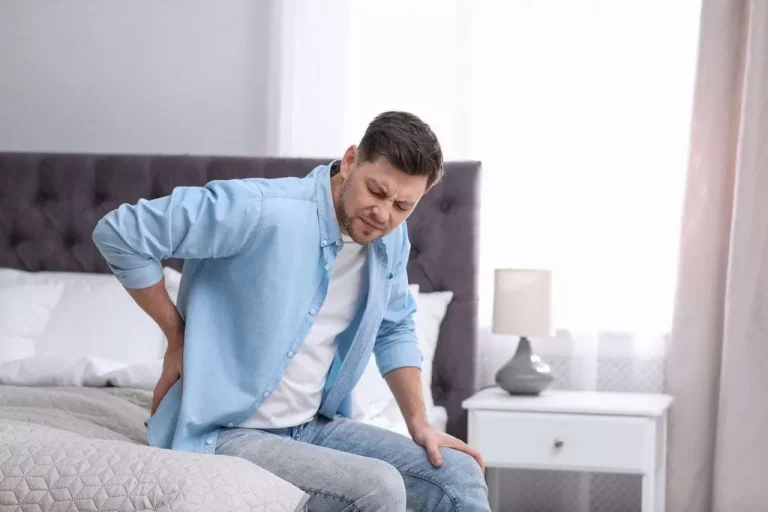
Insomnia is a common condition where a person has trouble falling asleep or staying asleep. Up to 40% of the general population experiences insomnia, while as many as 72% of people with an alcohol use disorder may have the condition. A person might think that having a drink before bed may help them sleep because alcohol helps them https://ecosoberhouse.com/ relax. Because of drinking’s negative impact on sleep cycles, a person does not sleep as well if they drink before bed. Though alcohol can have a sedative effect, it has also been linked to sleep disorders like insomnia. If you’re having trouble falling or staying asleep, alcohol consumption could be a contributing factor.
Night awakenings and insomnia
People’s tolerance to alcohol as a sleep aid rapidly increases, leading to insomnia and alcohol dependence. While alcohol can help you fall asleep, it does not help you stay asleep during the later hours of the night. It may increase the likelihood of waking up in the middle of the night, resulting in grogginess the next morning. Some people may resort does alcohol help you sleep to drinking alcohol as a sleep aid or agent that initiates sleep. Alcohol can contribute to the development or worsening of PLMD, a condition characterized by involuntary limb movements during sleep, leading to disrupted sleep and daytime fatigue. Research shows that between 33% and 40% of people who consume alcohol experience mild to severe anxiety.
Like what you’re reading? Subscribe to our newsletter and get the same great content delivered straight to your inbox!

It also considers ways to manage insomnia and prevent sleep disruption and answers some frequently asked questions. Reducing your alcohol intake, especially in the hours leading up to your bedtime, can help you wake up well-rested and energized in the morning. In addition, since poor sleep can negatively affect one’s health, the benefits of a restful night go beyond feeling alert in the morning. More than 70% of those with alcohol use disorder (AUD) also experience alcohol-induced sleep disorders, such as insomnia, according to scientists in a 2020 review. Regular drinking has also been linked to shorter periods of rapid eye movement (REM) sleep, a disrupted circadian rhythm, and snoring.

How Does Soda Affect Sleep?
- Even though alcohol may help you fall asleep, it interferes with the quality of your sleep.
- Establishing good sleeping habits, also known as sleep hygiene, is an essential first step in good sleep.
- Research shows drinking one non-alcoholic beer with dinner can improve subjective sleep quality and decrease how long it takes to fall asleep.
The problem arises if you find yourself relying on alcohol to get you to sleep. Alcohol will undoubtedly help to send you off to sleep as it actually works on the same receptors in the brain that are targeted by some sleeping tablets. It’s probably been ‘helping’ us to sleep since we discovered how to make it at least 9,000 years ago. When we looked at the sleep needs of 1.95 million RISE users aged 24 and older, we found 48% of them needed eight hours of sleep or more. Sleep debt can cause daytime sleepiness the next day, but also for many days to come if you don’t catch up on sleep. Research has found that people’s ability to remember, pay attention, and carry out cognitive functions declines with a lack of sleep.
A 2023 study found people with sleep apnea had a higher risk of developing alcohol-related disorders. The researchers theorized that participants may self-medicate their sleep problems with alcohol. Some of us may also be so caught up with the positives of drinking alcohol — like feeling relaxed and happy — that we ignore the negative effects — like sleep problems. In this article, we explore the sedative effects of alcohol and ways to avoid this from occurring. We also discuss the possible negative effects of alcohol on the body and sleep. It’s a sedative, so it can send you into a deep sleep quickly—but that’s not what’s supposed to happen.
- Sleep disorders like insomnia can co-occur with alcohol abuse, and treating insomnia can improve a person’s sleep quality while in recovery.
- There is a higher prevalence of insomnia in people with ADHD and AUD, but consuming alcohol to manage insomnia generally worsens sleeplessness.
- The information we provide is not intended to be a substitute for professional medical advice, diagnosis or treatment.
- RISE uses your phone use data and sleep science algorithms to work out how much sleep you need — and it could be more than you think.
- This process of powering up and then slowing down helps to further slow activity in the brain.
